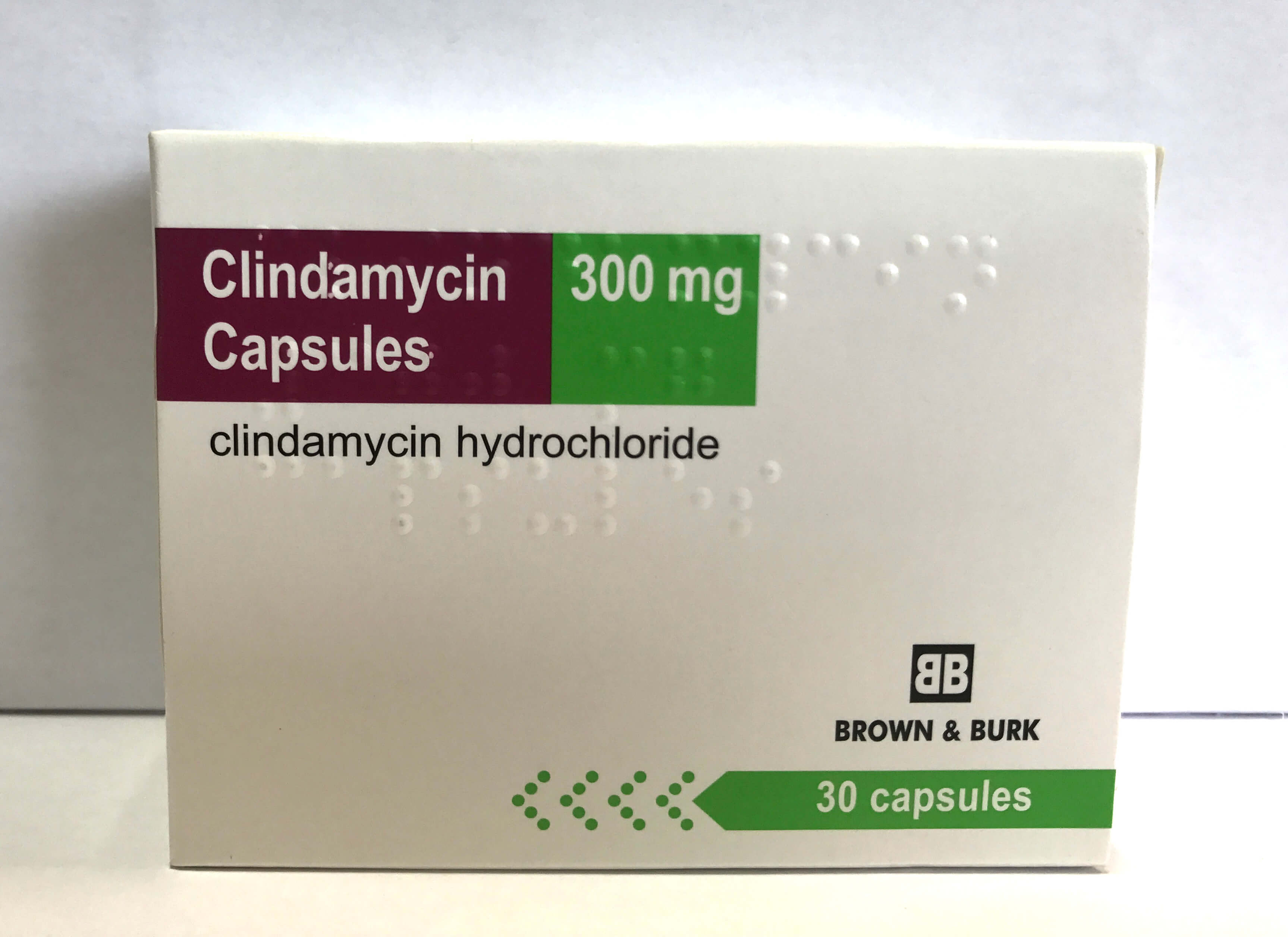Pregnancy Iron Supplements: Ensure Healthy Delivery
The journey of pregnancy is a complex and wondrous process, filled with multitude of physical and emotional changes. Among the numerous essential nutrients required for a healthy pregnancy, iron stands out as particularly crucial. Iron deficiency is the most common nutritional deficiency during pregnancy, affecting up to 50% of pregnant women worldwide. It is vital to understand the importance of iron supplements during this critical period, as they play a pivotal role in preventing complications and ensuring a healthy delivery.
Understanding Iron’s Role in Pregnancy
Iron is a fundamental element in the production of hemoglobin, a protein in red blood cells that carries oxygen from the lungs to the rest of the body. During pregnancy, the demand for iron increases significantly due to the expansion of the maternal red blood cell mass and to meet the needs of the growing fetus. If the dietary intake of iron is insufficient to meet these increased demands, iron deficiency can occur, leading to anemia. Anemia during pregnancy can have serious consequences, including preterm labor, low birth weight, and an increased risk of maternal and fetal mortality.
Symptoms of Iron Deficiency in Pregnancy
Recognizing the symptoms of iron deficiency is crucial for early intervention. Common symptoms include:
- Fatigue and Weakness: The most common symptoms due to the reduced capacity of the blood to carry oxygen.
- Shortness of Breath: Even when performing everyday tasks, due to the lack of enough red blood cells to carry adequate oxygen to the body’s tissues.
- Dizziness or Lightheadedness: Often leading to fainting spells, especially when standing up too quickly.
- Pale Skin: A noticeable lack of skin color due to the reduced amount of hemoglobin in red blood cells.
- Headaches: Frequent headaches can be a sign of iron deficiency, among other potential causes.
- Cold Hands and Feet: Reduced blood flow and oxygen delivery to extremities.
Benefits of Iron Supplements During Pregnancy
Iron supplements are recommended for pregnant women to prevent or treat iron deficiency anemia. The benefits of these supplements are multifaceted:
- Prevention of Anemia: The primary benefit is preventing anemia by ensuring that the body has enough iron to produce the required amount of hemoglobin.
- Healthy Fetal Development: Adequate iron levels support the healthy development of the fetus, reducing the risk of low birth weight and preterm birth.
- Improved Maternal Health: By preventing anemia, iron supplements can help improve the overall health of the mother, reducing the risk of complications during pregnancy and childbirth.
- Enhanced Energy Levels: Although not the primary purpose, correcting iron deficiency can help alleviate fatigue and weakness, improving the quality of life for pregnant women.
Choosing the Right Iron Supplement
With so many iron supplements available, choosing the right one can be daunting. Here are some factors to consider:
- Consult a Healthcare Provider: Before starting any supplement, it’s essential to consult with a healthcare provider to determine the appropriate dosage and type of iron supplement.
- Iron Form: Iron supplements come in different forms, such as ferrous sulfate, ferrous gluconate, and ferrous fumarate. The ferrous form is often better tolerated and more effective.
- Vitamin C Enhancement: Vitamin C can enhance iron absorption, so taking iron supplements with a source of vitamin C (like orange juice) or choosing a supplement that includes vitamin C can be beneficial.
- Gastrointestinal Tolerance: Some iron supplements are designed to be gentler on the stomach. If gastrointestinal side effects are a concern, look for supplements specifically formulated to reduce these issues.
Dosage and Timing
The dosage of iron supplements varies based on the severity of the deficiency and the stage of pregnancy. Generally, pregnant women are advised to take 30 mg of iron per day, but this can increase to 60-120 mg if they have iron deficiency anemia. It’s crucial to follow the healthcare provider’s recommendations for dosage and timing to maximize absorption and minimize side effects.
Potential Side Effects and Interactions
While generally safe, iron supplements can cause side effects, including:
- Constipation: One of the most common side effects.
- Nausea and Vomiting: Especially if taken on an empty stomach.
- Diarrhea: Less common but can occur, especially with high doses.
- Stomach Cramps: Abdominal pain can be a side effect, especially in the initial stages of taking the supplement.
Interactions can occur with other medications and foods. For example, calcium and antacids can decrease iron absorption, while coffee and tea (due to their polyphenol content) can also reduce absorption when taken with iron supplements.
Conclusion
Iron supplements are a crucial component of prenatal care, ensuring that both mother and baby receive the necessary nutrients for a healthy pregnancy and delivery. By understanding the importance of iron, recognizing the symptoms of deficiency, and properly selecting and using iron supplements, pregnant women can significantly reduce the risk of anemia and its complications. Always remember, consultation with a healthcare provider is the first step in determining the need for and appropriate use of iron supplements during pregnancy.
How much iron should a pregnant woman take daily?
+The recommended daily intake of iron for pregnant women varies, but generally, it is advised to take 30 mg of iron per day. However, this can increase to 60-120 mg if there is an iron deficiency or iron deficiency anemia. It’s essential to follow the healthcare provider’s recommendations.
What foods are rich in iron that can help during pregnancy?
+Raised foods rich in iron include red meats, spinach, beans, lentils, and fortified cereals. Vitamin C can enhance iron absorption, so consuming foods high in vitamin C (like citrus fruits and bell peppers) along with iron-rich foods can be beneficial.
Can I take iron supplements with other prenatal vitamins?
+Yes, iron supplements can be taken with other prenatal vitamins, but it’s recommended to take them at different times of the day to maximize absorption and minimize potential interactions. Always consult with a healthcare provider for specific advice.



